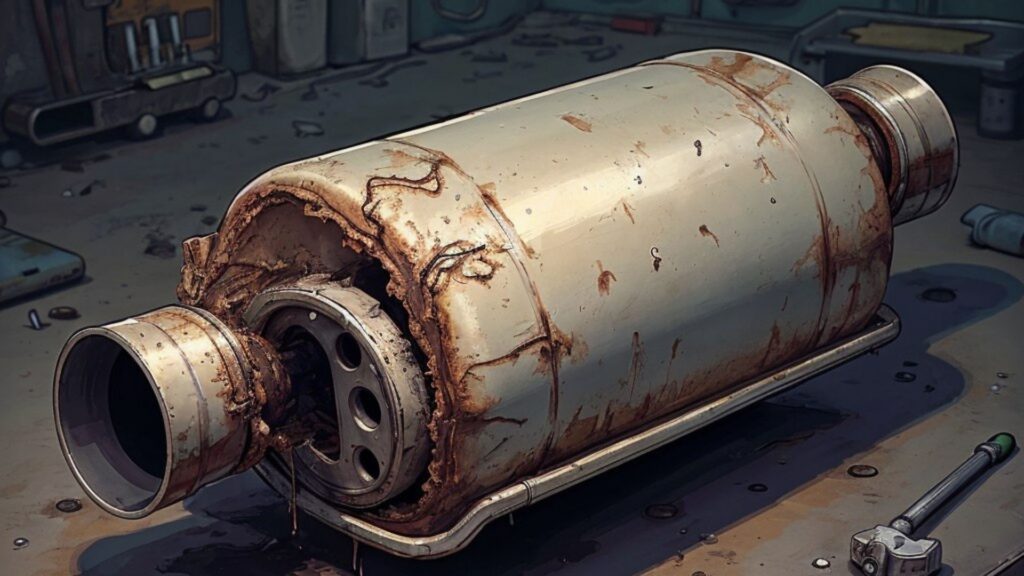Catalytic converters play a crucial role in reducing vehicle emissions, but several factors can lead to their premature failure. Understanding what can cause a catalytic converter to go bad is essential for maintaining your vehicle’s performance and avoiding costly repairs.

Contaminated Fuel
One of the leading causes of catalytic converter failure is contaminated fuel. If your fuel contains too much sulfur or other impurities, it can cause the converter to become clogged or damaged. Contaminants can also include additives that aren’t compatible with the catalytic converter, leading to its deterioration over time.
Engine Misfires
Engine misfires are another common cause of catalytic converter failure. When your engine misfires, unburned fuel can enter the exhaust system and ignite in the catalytic converter. This can lead to excessive heat, which can cause the converter’s internal components to melt or become damaged. Regular maintenance and addressing misfires promptly can help prevent this issue.
Oil or Antifreeze Leaks
Oil or antifreeze leaks can also lead to catalytic converter failure. If these fluids enter the exhaust system, they can coat the catalyst inside the converter, making it less effective at reducing emissions. Over time, this can lead to clogging and a decrease in your vehicle’s performance.
Physical Damage
Catalytic converters can be physically damaged by road debris or improper handling during vehicle maintenance. A damaged converter may not function properly, leading to increased emissions and potential engine problems. It’s important to ensure that your catalytic converter is properly protected and handled with care.
Overheating
Overheating is a significant cause of catalytic converter failure. When the converter overheats, it can cause the internal components to break down, leading to blockages or inefficiency. This can occur due to engine problems such as running too lean or rich, or because of excessive exhaust temperatures caused by a failing oxygen sensor.
Conclusion
Maintaining your vehicle and addressing issues like misfires, leaks, and fuel quality can go a long way in preventing catalytic converter failure. If you suspect your catalytic converter is going bad, it’s essential to have it checked by a professional mechanic to avoid further damage to your vehicle.
